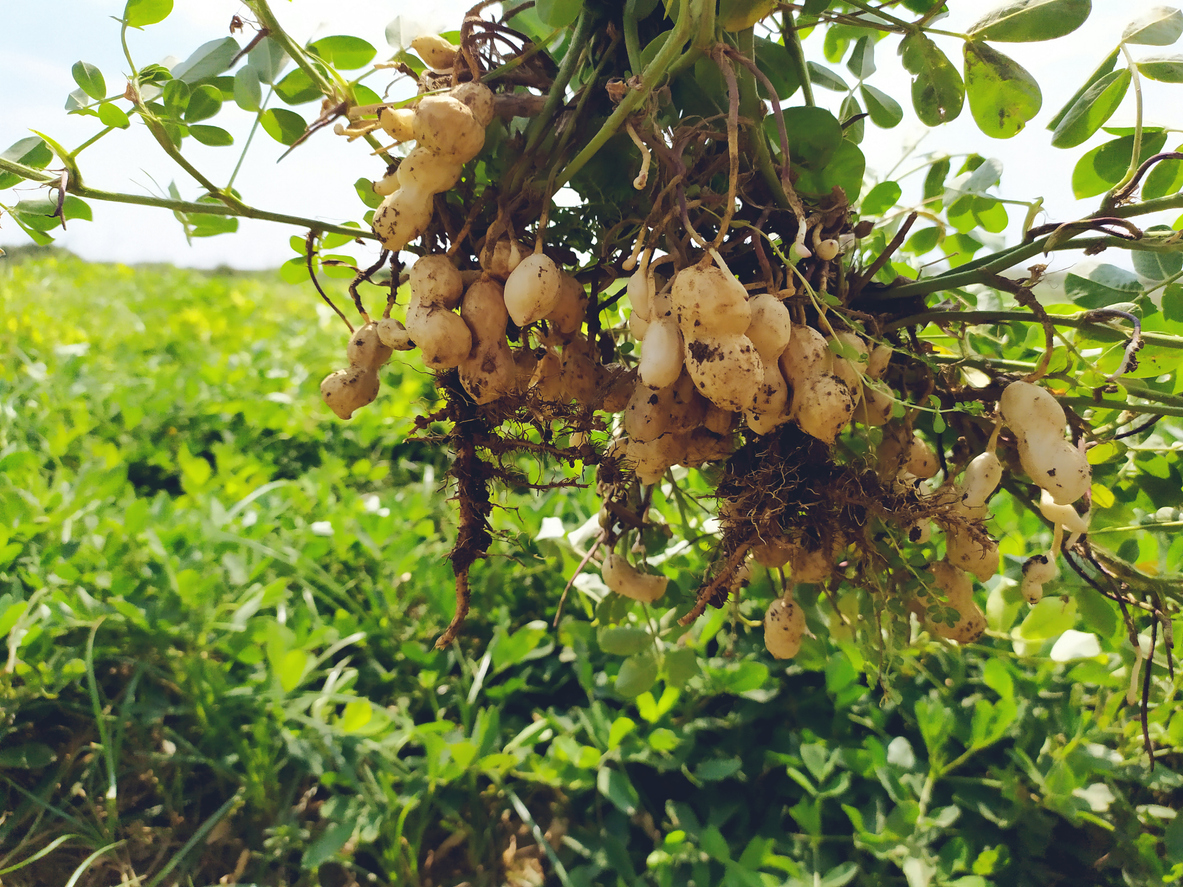
Researchers Pinpoint Peanut Genes Linked to Salt and Drought Tolerance
October 21, 2020| |
Shandong Peanut Research Institute found peanut genes involved in salt and drought tolerance. The details of the study are published in BMC Plant Biology.
Peanut is one of the most important oil crops globally. Transcription factors (TF), which are vital in switching on or off gene expression, control several biological processes. One plant-specific TF family known as NAC has been found to regulate response to salt and drought stresses. However, there is a limited understanding of peanut NAC. Thus, the researchers conducted a comprehensive genome characterization of peanut NAC.
In total, 81 and 79 NAC genes were identified from wild peanut species Arachis duranensis and A. ipaensis genomes, respectively. The genes were further categorized based on phylogenetic analysis, which led to 18 distinct subgroups. After comparing the RNA sequences, it was found that 43 NAC genes are up- or downregulated under salt stress and under drought stress. On the other hand, 17 genes in cultivated peanut (A. hypogaea) were up- or downregulated under both stresses. Consistent results were generated with quantitative reverse transcription PCR.
Read the findings in BMC Plant Biology.
| |
You might also like:
- Gene from Wild Peanut Enhances Biotic and Abiotic Resistance in Tobacco
- Study Puts End to Intense Scientific Debate on Peanut's Origin
- Team of International Scientists Unlocks Peanut's Genetic Code
Biotech Updates is a weekly newsletter of ISAAA, a not-for-profit organization. It is distributed for free to over 22,000 subscribers worldwide to inform them about the key developments in biosciences, especially in biotechnology. Your support will help us in our mission to feed the world with knowledge. You can help by donating as little as $10.
-
See more articles:
-
News from Around the World
- WHO Refers to GM Mosquitoes as Beneficial Technology
- Scientists Use Glowing Venus Flytraps to Understand Its Closure Mechanism
- Pamela Ronald is 2020 World Agriculture Prize Laureate
- Pinkglow™, Del Monte's Pink Pineapple Now Available
- Indian Farmer Confirms Socio-economic Impact of Bt Cotton
- Biotech Experts to Tackle Global Impact of GM Crops
- EFSA Study Concludes Maize MON810 Poses No Risk to Humans, Animals, or the Environment
-
Research Highlights
- Researchers Pinpoint Peanut Genes Linked to Salt and Drought Tolerance
-
Plant
- New Tool to Accelerate Crop Improvement with CRISPR
- New Genome Editing Tool Designed to Make Big DNA Edits
-
Health
- International Team of Scientists Identify Common Vulnerabilities in COVID-19 and Other Lethal Coronaviruses
- COVID-19 Virus Can Survive 28 Days on Surfaces
-
Read the latest: - Biotech Updates (January 28, 2026)
- Gene Editing Supplement (January 28, 2026)
- Gene Drive Supplement (February 22, 2023)
-
Subscribe to BU: - Share
- Tweet

